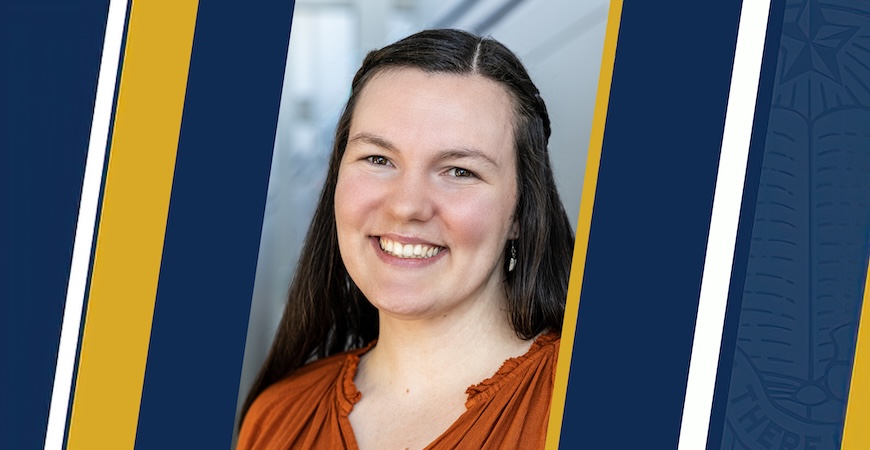
Mushrooms are pretty amazing. They are light and porous yet have a high strength-to-weight ratio. They are absorbent. They can serve as filters.
Manufacturing a material that mimics mushrooms and other fungal structures could provide opportunities in any number of areas, ranging from aerospace engineering to clothing production.
A UC Merced professor whose research is focused on this area has earned an early career award through the U.S. Army Combat Capabilities Development Command Army Research Laboratory's HBCU/MI Early Career Program. The award, aimed at minority-serving institutions and historically Black colleges, comes with a $990,000 grant that will fund mechanical engineering Professor Debora Lyn Porter's research for five years.
"I'm excited the Army thought it was exciting, too," she said.
Porter's efforts are aimed at growing fungi into patterns using a process called biotemplating. The possibilities of creating new fungal-like structures are intriguing.
"You could make something with as much strength as you need with as little weight as possible, which could have uses in the aerospace industry," she said. "And mushrooms are good at soaking up fluid - the structures we make are still able to absorb water and could be used for filtration."
And because the structures are biodegradable, the manufacturing of them has the potential to be more environmentally friendly.
"The materials we use in chemical processing are not as harsh as those typically used," Porter said. They're also highly adaptable. "Most traditional manufacturing techniques you don't get control to the micro scale."
Porter and her lab will develop and work with advanced manufacturing techniques and analyze how the materials perform under pressure.
The work is building on research Porter, a July 2023 addition to the UC Merced faculty, did as a graduate student at the University of Utah. She said she picked the Merced campus ahead of other offers she had for several reasons.
"I love the atmosphere both on campus and in my department," she said. "It seemed a lot more supportive and focused on students than other universities I interviewed at."
It was also important to her to work at a minority-serving institution.
"As a woman in a male-dominated field I know what it's like to be an odd one out. You don't fit in because you don't match what everyone else looks like," she said. "Part of the reason I wanted to pursue a Ph.D. and go into education is to fight that kind of mentality."
And she was interested in working across disciplines, a hallmark of UC Merced research.
"One of the things that's really big to me is finding connections between typically unrelated fields," she said. "My hope as a researcher is to save the world by addressing climate and making things more sustainable. To do that, you have to work with other people who are experts in their fields rather than just staying in our lanes. This is a great place to do that."